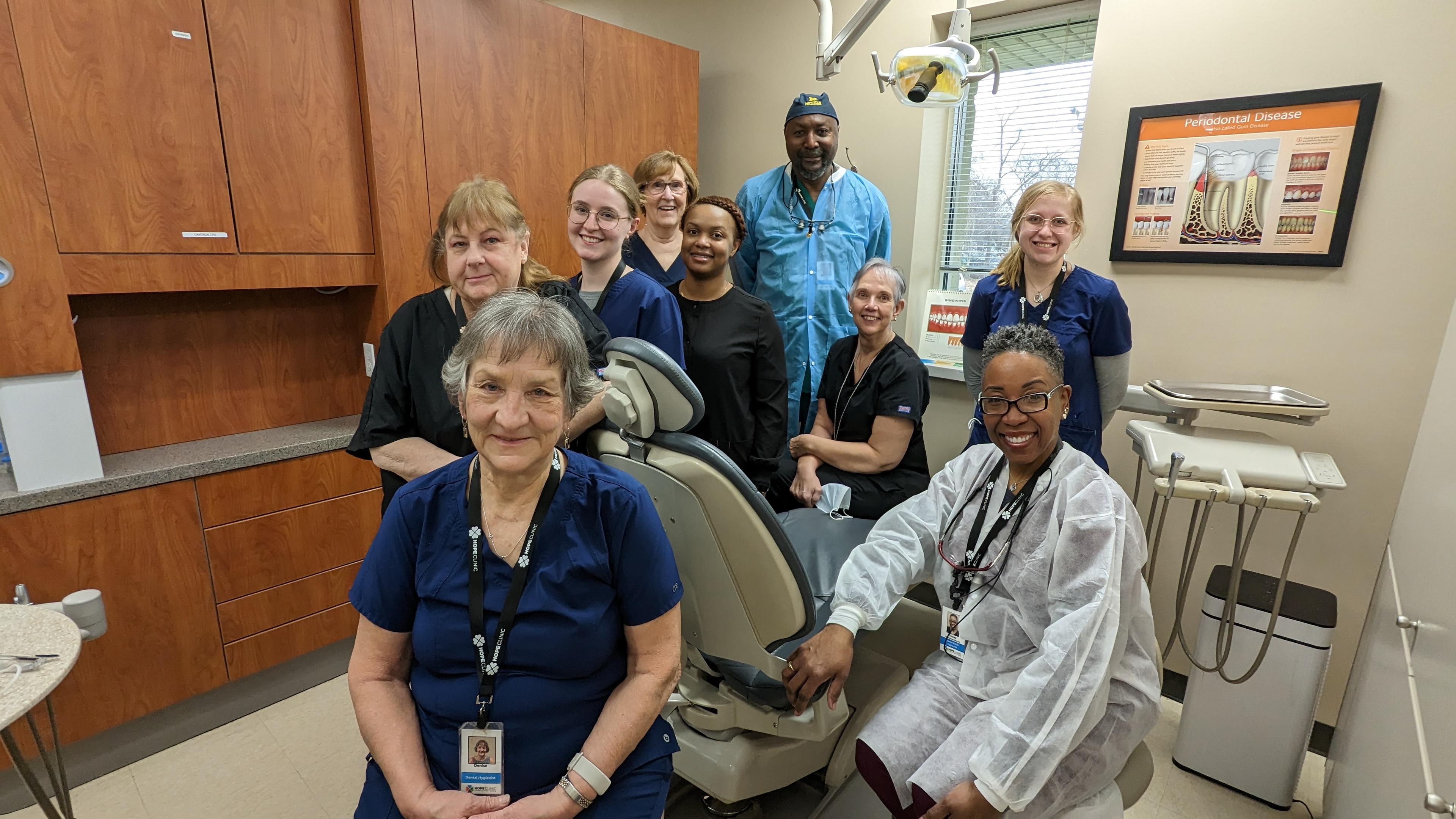Where You Live Can Affect Your Health
Amy Barczy
| 3 min read
Amy Barczy is a former brand journalist who authored content at Blue Cross Blue Shield of Michigan. Prior to her time at Blue Cross from 2019-2024, she was a statewide news reporter for MLive.com. She has a decade of storytelling experience in local news media markets including Lansing, Grand Rapids, Holland, Ann Arbor and Port Huron.

Marco’s asthma is worse when he plays outside near his home in Detroit. Which means for first-grader Marco, his afternoons are spent inside in front of a TV.
His mom is afraid of what this means for Marco – but she knows it’s what’s best for him, after he had to visit the emergency room five times in the past year for asthma attacks.
Marco’s story, documented by the Michigan Department of Health and Human Services, is one of many in Detroit, where the rate of pediatric asthma and asthma hospitalizations are far higher than those in Michigan.
Asthma in children is linked to exposure to air pollutants. With the combination of emissions from vehicles traveling multiple highways through Detroit and emissions from major industries, the city’s air quality is often harmed by particle pollution and ozone. The American Lung Association recently graded Detroit’s air as “failing.”
For some children and families living in the city, the air they breathe is hurting their health.
How Environmental Factors Affect Health
Environmental conditions at home have a significant impact on a person’s health.
Air quality in neighborhoods is one environmental factor. Environmental factors, when combined with other social determinants of health, like housing stability, job security, fresh food availability, transportation and education can have long-lasting impacts on a person’s health and wellbeing.
Systemic racism, segregation and discriminatory policies have meant Black individuals and other minority groups are more likely to live in lower quality housing. Water leaks, mold, poor ventilation, dirty carpets, and pest infestations have all been linked to poor health outcomes and asthma.
Other environmental factors at home can include exposure to lead – either through aging, flaking paint, or through drinking water in older homes that have lead service lines. Lead exposure can give children permanent damage to their brains and nervous systems.
Helping Communities
Blue Cross Blue Shield of Michigan has been a longtime partner to organizations helping address environmental exposures and other social determinants of health in communities across Michigan. Blue Cross recently funded a program from the Healthy Homes Coalition of West Michigan to help families identify and remove asthma triggers from their homes. When children and families in Flint were exposed to dangerously high levels of lead in their drinking water during the water crisis that began in 2014, Blue Cross identified ways to help the community recover. Early on, nutrient-rich foods were identified as a tool to help children and residents recover from the toxic lead exposure. In 2016, Blue Cross partnered with the Food Bank of Eastern Michigan to staff hundreds of volunteer shifts during food and water distributions to get nutritious foods to Flint families. Blue Cross also supported salad bars in 15 schools in Flint to help students in Flint have access to nutrient rich fresh fruits and vegetables and provided funding for the Flint Fresh Mobile Market to help bring fruits and vegetables to more Flint residents. Editor’s Note: This is one story in part of a year-long blog series. Blue Cross Blue Shield of Michigan journalists will be diving into some of the environmental and socio-economic reasons behind disparate health outcomes for certain groups of people. While there is no one answer or simple solution to resolving these complex issues, we’ll talk to community organizations working to address social determinants of health in neighborhoods and communities across Michigan, as well as highlight work that Blue Cross is doing to contribute to solutions for the health of all Michiganders. More from MIBluesPerspectives:
- Overcoming the Barrier of Health Literacy
- Seeing Crime and Violence as Public Health Issues
- Expanding Access to Healthy Food
Photo credit: Getty Images





